ASGC-7 Congress will serve as a hybrid international conference platform for academics, representatives from government agencies, the private sector, entrepreneurs, industry professionals, students, and the general public to present research and studies on various topics related to smart grids. This hybrid format allows for both in-person and virtual participation, ensuring broader accessibility and engagement. The congress aims to facilitate the exchange of ideas and experiences in researching and developing micro smart grid technologies at both national and ASEAN levels, and to strengthen international collaborative networks in academia, research, and the development of smart grid technologies and renewable energy for the electrical grid systems of the ASEAN region. By offering a hybrid format, ASGC-7 ensures that participants from around the world can join the discussions, share their insights, and contribute to advancing the field of smart grid technologies, regardless of travel constraints.

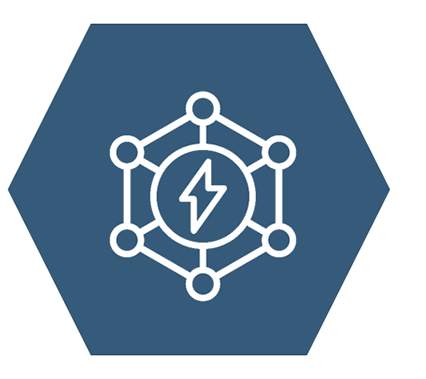
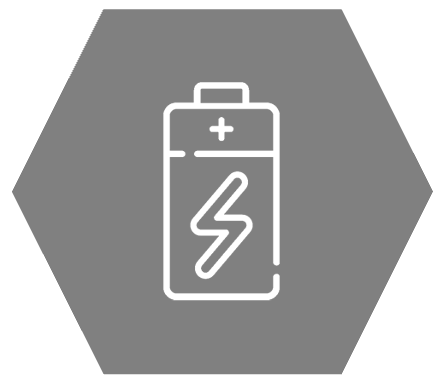

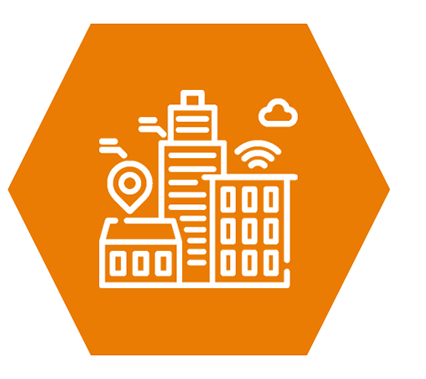
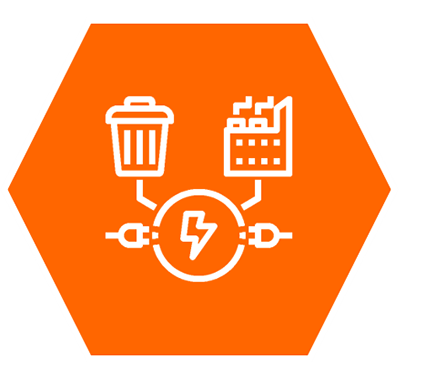

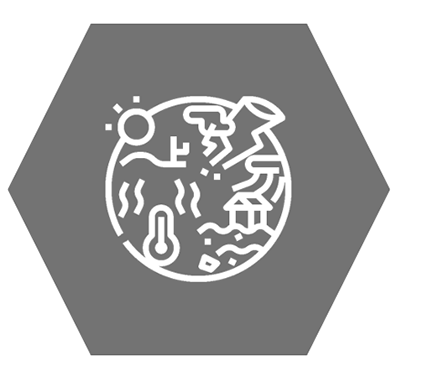
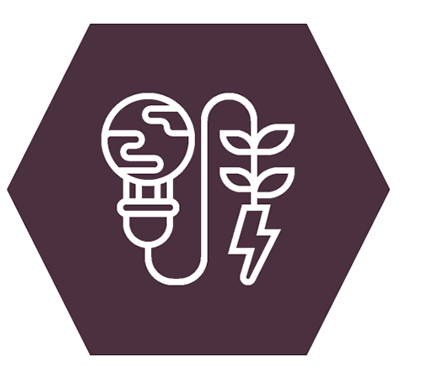

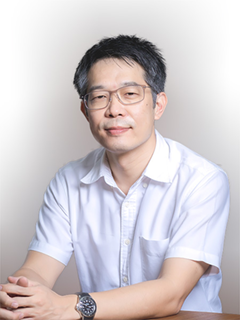
Setting the Scene “Smart Microgrid Research & Development in ASEAN”
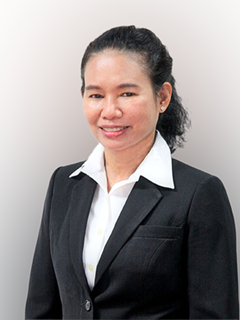
Smart Microgrid in Thailand

Hawaii’s Renewable Energy and Smart Grid Progress, Implementation, and Key Lessons Learned on the Path to 100% RPS by 2045
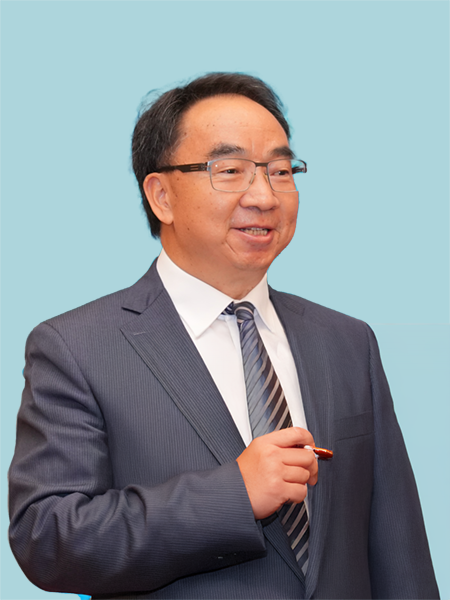
Clean Energy and Climate Change Mitigation in China
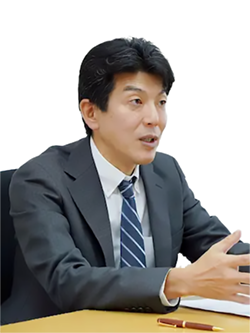
NEDO Role of Microgrid Technology Promotion for ASEAN Countries

Emerging Technologies for Climate Change Mitigation and Smart Grid Advancement in the U.S.
The 7th ASEAN Smartgrid Congress is to be held in Chiang Mai, Thailand from 12-13 December 2024. ASGC7, a hybrid conference, will be organized by Asian Development College for Community Economy and Technology (adiCET) Chiang Mai Rajabhat University, Thailand and co-organized by Solar Research Institute (SRI), College of Engineering, Universiti Teknologi MARA, Malaysia and Vellore Institute of Technology, India
Asian Development College for Community Economy and Technology (adiCET), Chiang Mai Rajabhat University, 180 Moo 7 Chotana Rd., Tambon Khilek, Mae Rim, Chiang Mai, 50180, Thailand
asean-sgc7@cmru.ac.th
(+66) 62 – 3104908